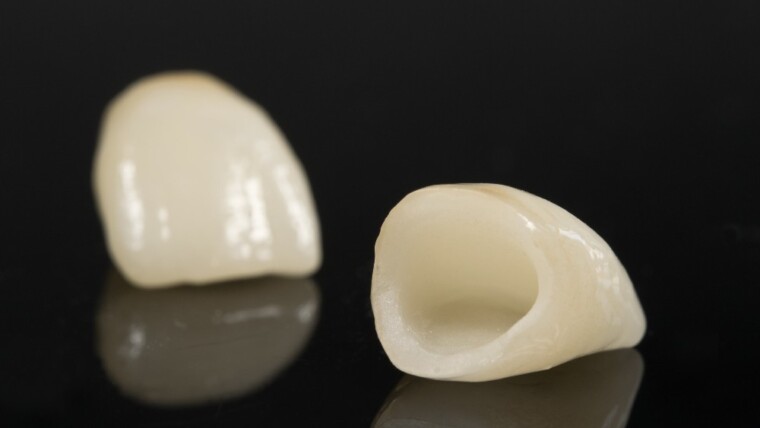Living with diabetes requires careful attention to various aspects of health, including dental care. Diabetes can impact oral health in several ways, making it crucial for individuals with diabetes to pay extra attention to their dental hygiene routines. In this blog post, we’ll explore the special dental care needs of individuals with diabetes and provide practical tips for maintaining a healthy smile.
Understanding the Connection Between Diabetes and Oral Health: Diabetes affects the body’s ability to regulate blood sugar levels, which can have implications for oral health. Individuals with diabetes are at a higher risk of developing gum disease (periodontitis) due to elevated blood sugar levels. Additionally, diabetes can impair the body’s ability to fight off infections, including those in the mouth, leading to a higher prevalence of oral health problems.
Special Dental Care Tips for Individuals with Diabetes:
- Maintain Strict Blood Sugar Control: One of the most important steps individuals with diabetes can take to protect their oral health is to maintain strict blood sugar control. Keeping blood sugar levels within the target range can help reduce the risk of developing gum disease and other oral health complications.
- Practice Excellent Oral Hygiene: Good oral hygiene is essential for everyone, but it’s particularly crucial for individuals with diabetes. Brush your teeth at least twice a day using fluoride toothpaste and a soft-bristled toothbrush. Floss daily to remove plaque and food particles from between your teeth and along the gumline. Consider using an antimicrobial mouthwash to further reduce bacteria in the mouth.
- Schedule Regular Dental Check-ups: Regular dental check-ups are essential for individuals with diabetes to monitor their oral health and detect any issues early on. Make sure to inform your dentist about your diabetes diagnosis and any changes in your health status. Your dentist may recommend more frequent cleanings or exams to help prevent gum disease and other complications.
- Watch for Signs of Gum Disease: Be vigilant for signs of gum disease, such as red, swollen, or bleeding gums, as well as persistent bad breath. If you notice any of these symptoms, contact your dentist right away for evaluation and treatment. Early intervention is key to preventing gum disease from progressing and causing further damage to your oral health.
- Quit Smoking: Smoking can worsen gum disease and increase the risk of complications for individuals with diabetes. If you smoke, consider quitting to improve your oral and overall health. Your dentist or healthcare provider can provide resources and support to help you quit smoking successfully.
- Monitor Dry Mouth: Many individuals with diabetes experience dry mouth as a side effect of medications or fluctuations in blood sugar levels. Dry mouth can increase the risk of tooth decay and gum disease. Stay hydrated by drinking plenty of water throughout the day, and consider using sugar-free gum or lozenges to stimulate saliva production.




